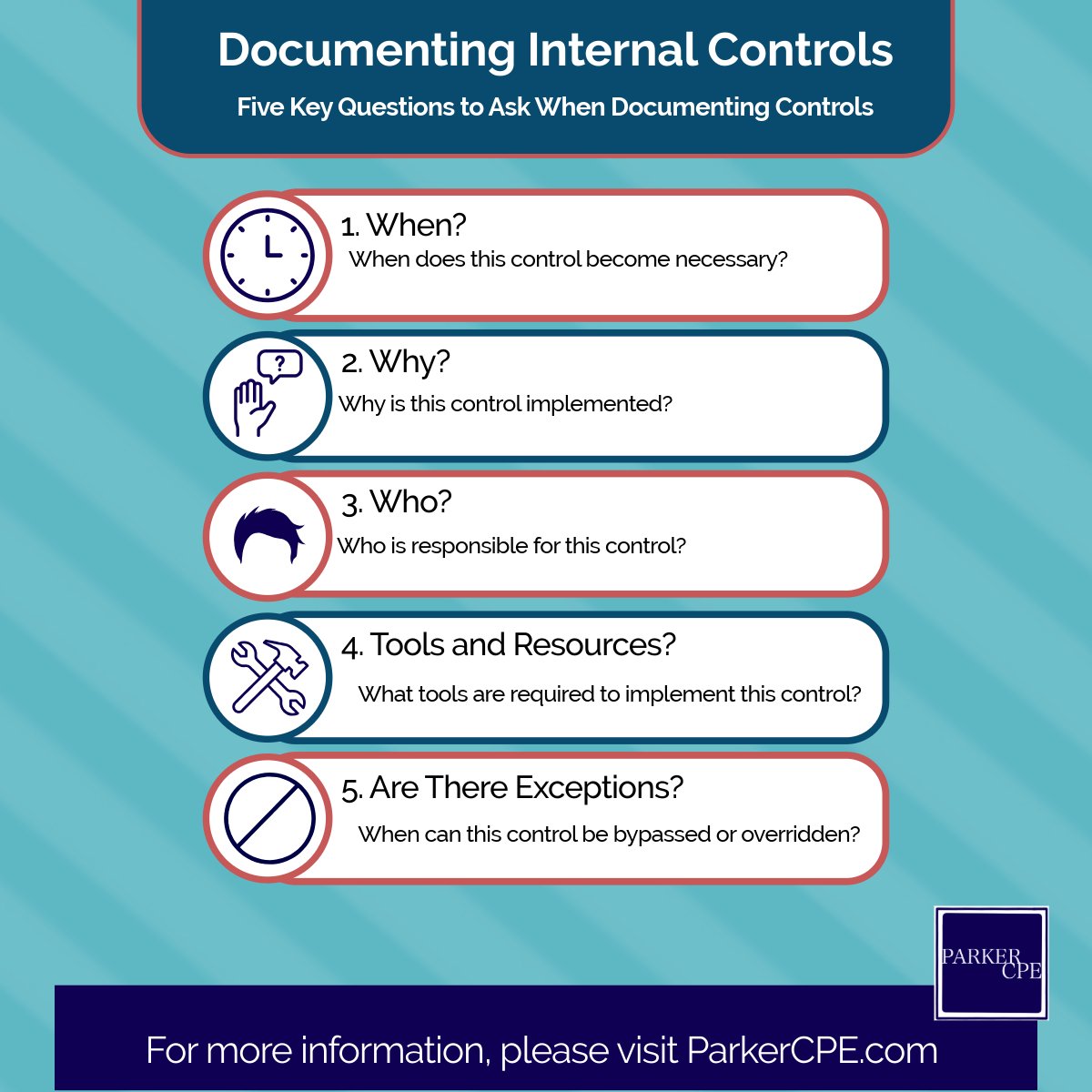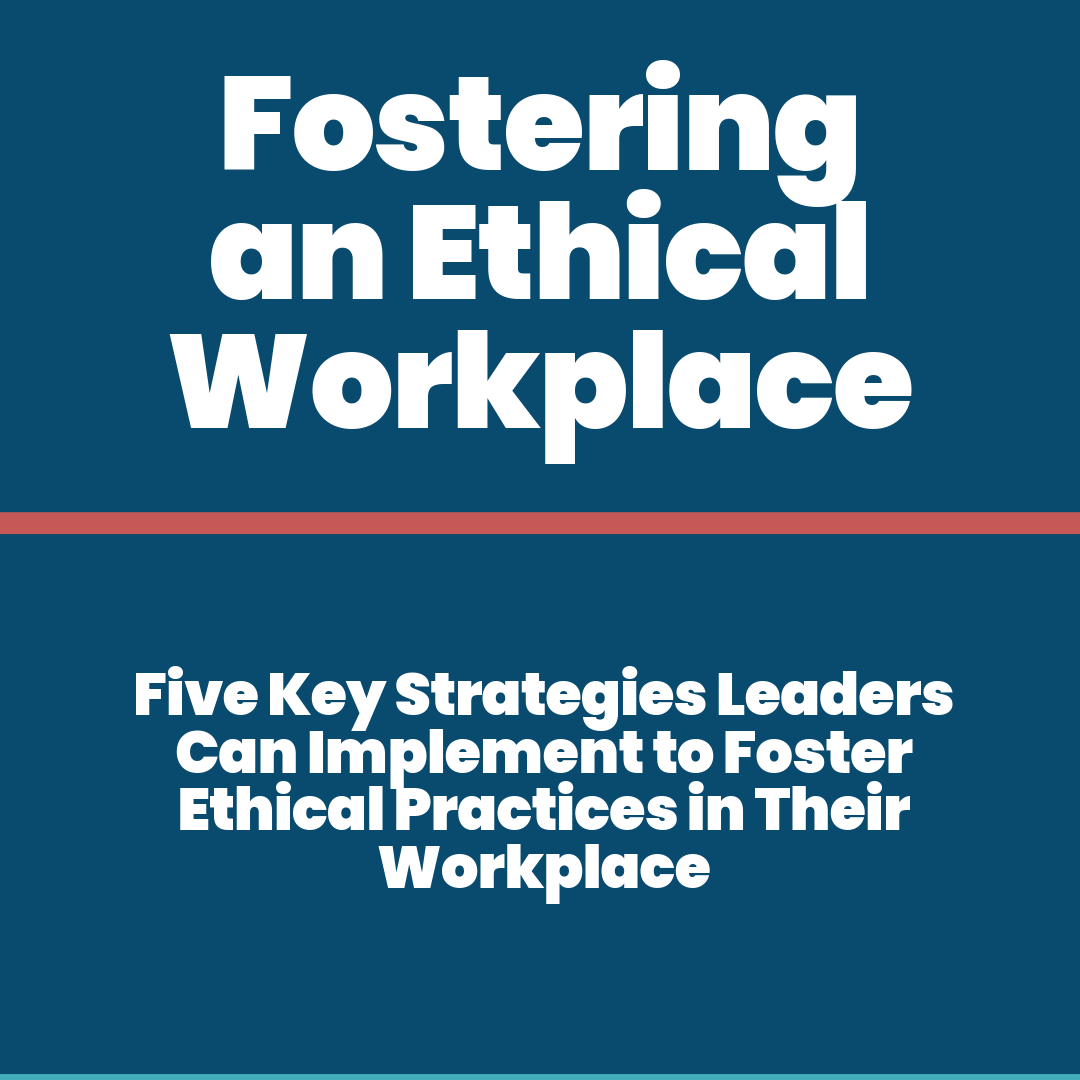
Enhancing Performance Audits: The Critical Role of the Control Environment
In today's complex audit landscape, understanding and evaluating the control environment is crucial for performance audits. This article explores key aspects of the control environment, including leadership ethics, oversight effectiveness, and organizational structure, providing auditors with the insights needed to assess these areas effectively. With practical examples and detailed analysis, we delve into the significance of obtaining relevant documentation to verify the integrity and effectiveness of internal controls. Join us as we unpack the essentials of creating a robust control environment that aligns with organizational objectives and compliance requirements.

The Impact of Detail on Audit Documentation Quality
This article offers a detailed exploration of how to create effective government audit documentation, using travel expense claims as a key example. We demonstrate how to ensure accuracy and compliance by meticulously structuring each section of the audit—from sourcing and methodology to results and conclusions. Our guide underscores the significance of thorough documentation in upholding standards and enhancing the audit's efficiency and reliability.

Being an Audit Leader
Navigating the complex landscape of the modern workplace requires more than just managerial skills; it demands leadership that inspires and influences. Effective leadership goes beyond mere oversight to cultivate a culture of genuine collaboration and innovation. This article delves into the essential attributes of successful leaders, contrasting them with traditional managerial roles. By examining the critical roles of emotional intelligence, communication, and motivation, we highlight how these skills enable leaders to excel in their roles and foster an environment where both individuals and organizations can thrive.

Effective Control Documentation
Effective control documentation is crucial for auditors, serving as the foundation for accurate workpapers and ensuring compliance with auditing standards. By understanding and implementing detailed documentation practices, auditors can provide clear, actionable insights that support organizational accountability and performance.

Fostering an Ethical Workplace
Creating an ethical workplace is a vital responsibility for leaders across all industries, not just in government. It shapes the core values of an organization, influencing everything from employee satisfaction to public reputation. Let's delve into five key strategies leaders can implement to foster ethical practices in their workplace.

Audit Work Plans
Annual audit work plans in government offices are crucial for ensuring accountability, transparency, and effective governance. These strategic blueprints guide auditors in prioritizing areas of highest risk and potential improvement, thus maximizing the impact of limited resources. The plans also enhance public trust by communicating audit focuses and encouraging stakeholder collaboration. Key components include outlining audit work, defining purpose statements, and setting the scope for each audit, ensuring that audits are well-defined, focused, and effectively address significant concerns in government operations. Developing these plans involves reviewing past work, conducting risk assessments, considering stakeholder requests, and incorporating audit staff insights, thereby creating comprehensive, risk-focused plans that promote a culture of continuous improvement and accountability.

How to Use the Free Audit Program Builder
We have created a Free Audit Program Builder that can be used by government auditors to create customized audit programs and as a learning tool for new auditors.

GAO’s Cybersecurity Program Audit Guide
With the increasing sophistication of cyber threats and the interconnectedness of systems, ensuring robust cybersecurity measures is no longer optional but a necessity. Recognizing this urgency, the Government Accountability Office (GAO) has unveiled the Cybersecurity Program Audit Guide (CPAG), a comprehensive tool designed to aid in the evaluation of agency cybersecurity programs and systems.

CRGA's Government Auditing Standards Exam: Practice Questions
In our latest blog post, we delve deep into the Certified Responsible Government Auditor (CRGA) certification, spotlighting its importance in the realm of governmental auditing. As you consider this esteemed credential, we introduce a quiz to test your knowledge of the Government Auditing Standards.

Harnessing the Power of IDPs for Government Auditors
The world of government auditing is both intricate and dynamic. Staying ahead of the curve requires a steadfast commitment to professional development. One tool that is gaining traction among forward-thinking professionals is the Individual Development Plan (IDP). An IDP is a personalized roadmap that outlines an individual's career objectives, strengths, areas for improvement, and the strategies and resources they can leverage to achieve these goals.
